According to data released by the Human Fertilisation and Embryo Authority 71% of all IVF cycles end in failure.
Recent research has shown that prolonged high levels of the stress hormone cortisol are associates with lower pregnancy rates for women having IVF.
The researchers conclude:
"These findings provide preliminary evidence that longer term systemic cortisol may influence reproductive outcomes; and in turn suggests that interventions to reduce cortisol prior to commencing IVF could improve treatment outcomes."
Source: US National Library of Medicine
Average UK couple spends £11,378 on IVF
Recent research commissioned by Fertility Network UK shows that on average couples end up spending £11,378 on IVF, and one in ten couples pay over £30,000.
NHS funding for IVF is becoming a postcode lottery, with 52% of areas only offering one round of IVF.
IVF and the NHS: the parents navigating fertility's postcode lottery:
https://www.theguardian.com/money/2014/may/10/ivf-nhs-fertility-postcode-lottery-cut-costs
Our clients see a 77% success rate for women under 40 with unexplained infertility, even if IVF has failed previously.
Our methods are shown to reduce cortisol levels.
The national average success rate for IVF in the UK is 32%, if you are under 35. If you are between 35 and 37 this falls to 27.3%.
Note: if you have unexplained infertility the IVF success rate is only about 2 - 3 % higher than this. I did some research into this that you can find here.
THIS IS VERY DIFFERENT FROM WHAT MANY ARE TOLD BY THEIR DOCTOR:
“You have unexplained infertility. IVF has a high chance of working for you.”
Many of my patients report that their fertility specialist has told them this. But the data does not support this claim.
Click the button below to find out more:

